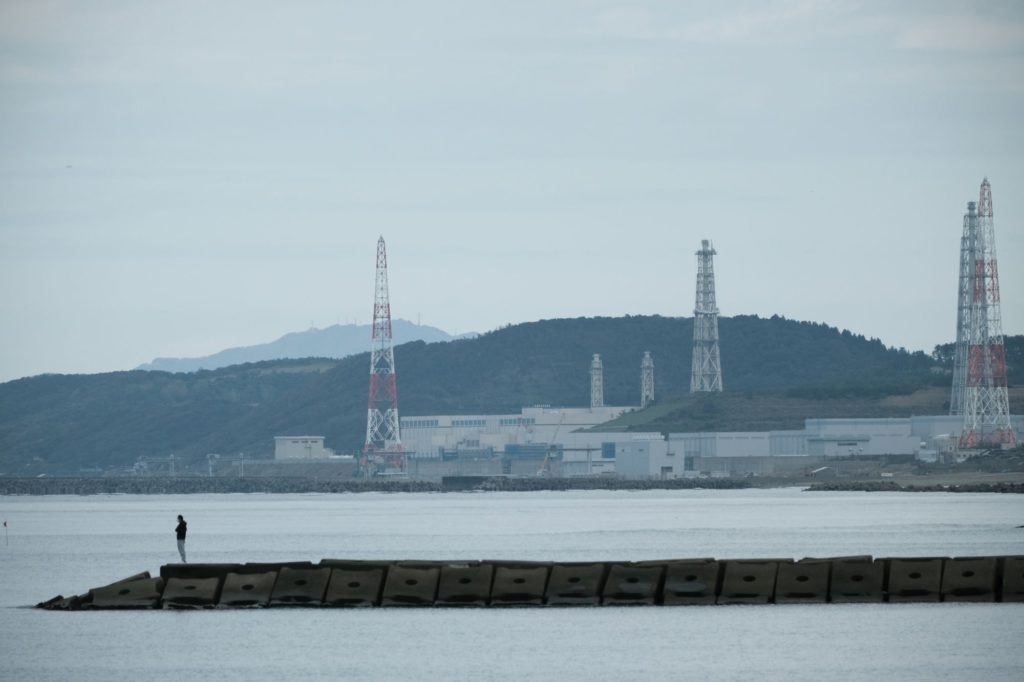Japanese Prime Minister Fumio Kishida’s advisory panel approved a plan to extend the lifespans of nuclear reactors beyond 60 years and build new units to replace those that are decommissioned, reversing policies put in place after the Fukushima disaster in 2011.
(Bloomberg) — Japanese Prime Minister Fumio Kishida’s advisory panel approved a plan to extend the lifespans of nuclear reactors beyond 60 years and build new units to replace those that are decommissioned, reversing policies put in place after the Fukushima disaster in 2011.
The step reflects a shift in public opinion, as the import-reliant country struggles with the threat of blackouts amid Russia’s war in Ukraine and extreme weather. While massive demonstrations calling for the abolition of atomic power were a regular occurrence in the wake of the meltdowns, recent polls indicate growing support for restarting idled plants.
The government is aiming to present legislation to parliament during the next session to put the basic plan into action, Kishida told a meeting of his “green transformation” panel, which is made up mostly of business executives and academics, on Thursday at his official residence. The proposal will be opened for public comment and could gain cabinet approval by February, the Nikkei newspaper reported.
Japan is joining a global shift back to nuclear energy after the prices of natural gas and coal shot to records this year as Russia’s invasion of Ukraine upended markets. The Kishida administration is also turning to nuclear to help curb emissions and hit Japan’s 2050 net-zero target.
Global Energy Crisis Spurs a Revival of Nuclear Power in Asia
A survey by the Yomiuri newspaper in August found 58% in favor of restarting idled reactors, the first time a majority approved of the idea in that poll series since the question was initially posed in 2017. A separate survey by public broadcaster NHK earlier this month found 45% approved of the panel’s plan, while 37% opposed it.
The government still faces some opposition from local residents over nuclear restarts and lawsuits related to safety concerns still keep many reactors offline. Only a third of Japan’s operable reactors have restarted since the 2011 disaster.
–With assistance from Stephen Stapczynski and Shoko Oda.
More stories like this are available on bloomberg.com
©2022 Bloomberg L.P.










